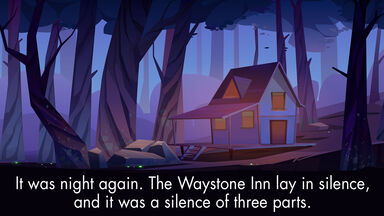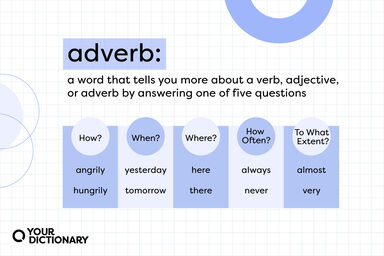Wick Definition
(curling) A shot where the played stone touches a stationary stone just enough that the played stone changes direction.
- taper
- candle end
- candlewick
- lantern wick
- cord
- lampwick
- thread
To convey or draw off (liquid) by capillary action.
(curling) To strike (a stone) obliquely; to strike (a stationary stone) just enough that the played stone changes direction.
Origin of Wick
-
From earlier Middle English wik, wich (“village, hamlet, town"); from Old English wÄ«c (“dwelling place, abode"); Germanic borrowing from Latin vÄ«cus (“village, estate") (see vicinity). Came to mean “dairy farm" around 13th-14th century (e.g. Gatwick “Goat-farm"). Compare cognates: Old High German wîch, wih (“village"), German Weichbild (“municipal area"), Dutch wijk (“quarter, district"), Ancient Greek οἶκος (oikos, “house"), Old Frisian wik, Old Saxon wic (“village").
From Wiktionary
-
From Old English cwic (“alive"); similar to an archaic meaning of quick (“endowed with life; having a high degree of vigor, energy, or activity"), and quicken (“come to life").
From Wiktionary
-
Middle English weke, wicke; Old English wēoce.
From Wiktionary
Middle English wike from Old English wēoce
From American Heritage Dictionary of the English Language, 5th Edition
-
From Old Norse vik.
From Wiktionary
Related Articles
Wick Is Also Mentioned In
Find Similar Words
Find similar words to wick using the buttons below.





